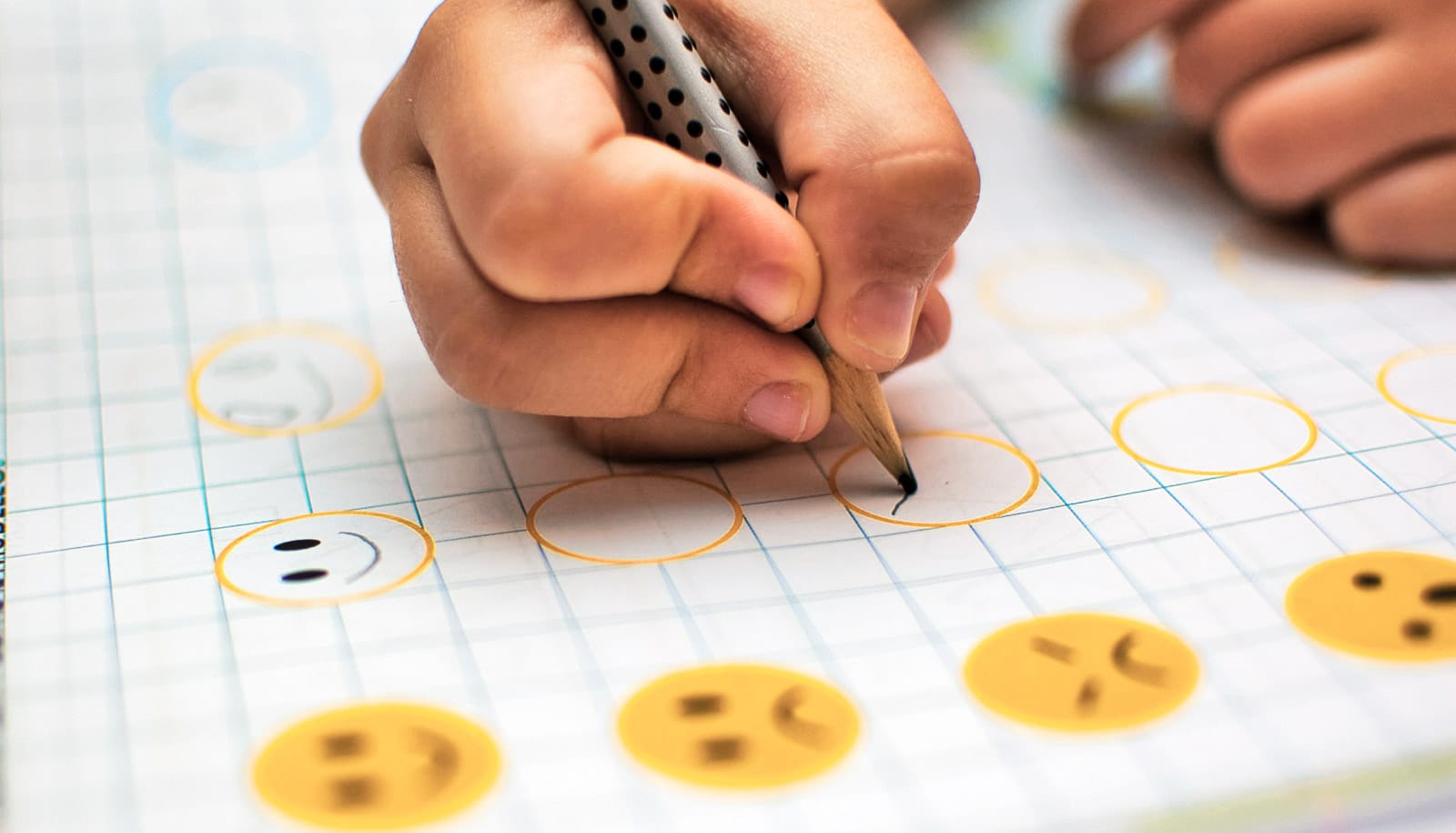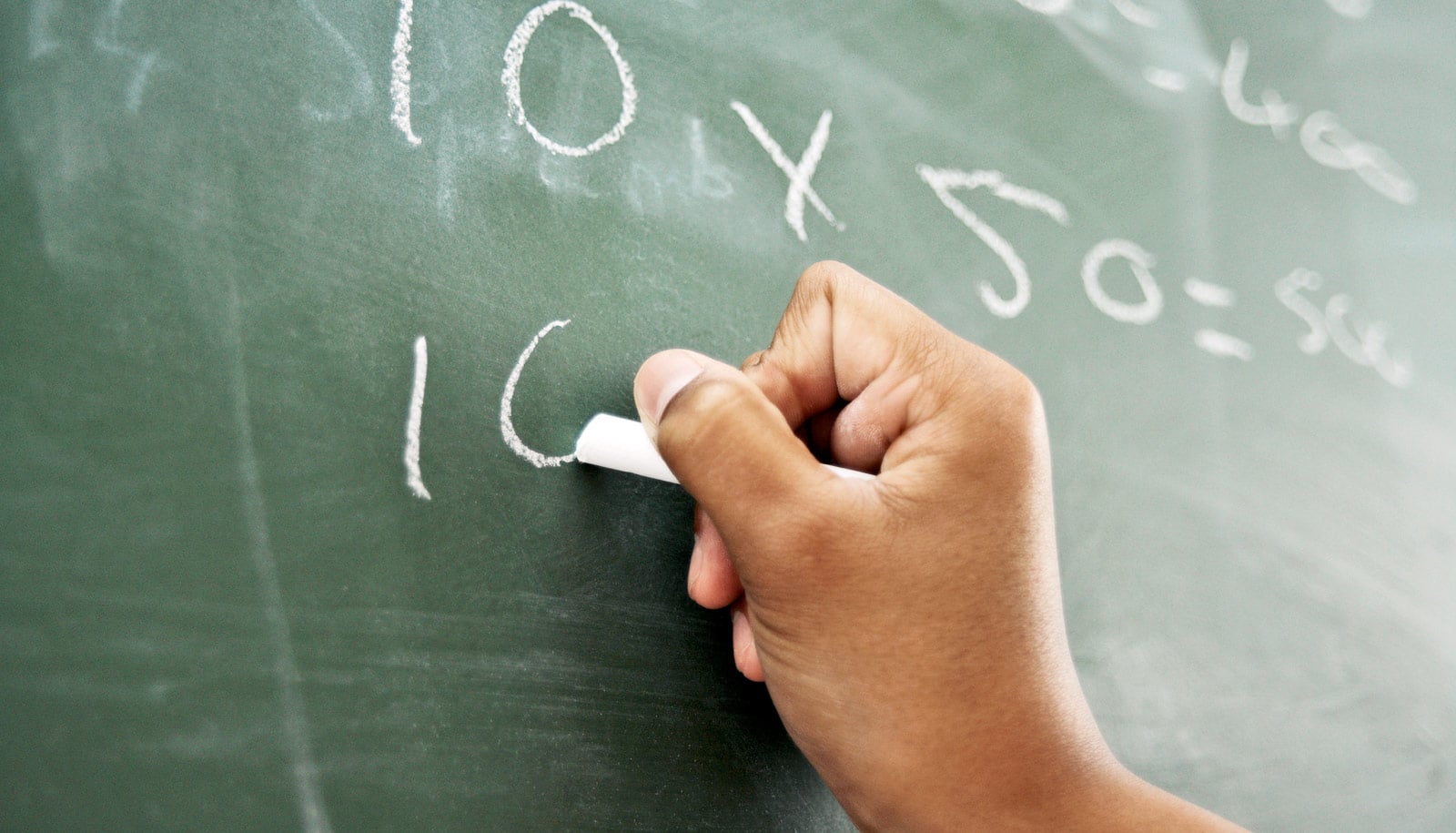New research probes the learning style myth, which states that students learn better with instruction tailored to their visual, auditory, or hands-on learning style.
But what do people believe about these styles? Do they think they predict life outcomes and success, and originate at birth or come from experience?
A new study, published in the Journal of Educational Psychology, centers on a concept called psychological essentialism, a belief that certain categories have a reality or true nature that is biologically based and predictive of many other factors.
An essentialist interpretation of learning styles “would lead people to erroneously believe that learning styles emerge early in childhood, have a biological or genetic basis…and are not open to change,” the researchers wrote.
“Such assumptions about learning could be problematic because they would suggest that what people can learn is limited by their learning style and thus place artificial constraints on a learner’s potential,” says Shaylene Nancekivell, a visiting scholar in the University of Michigan psychology department and the study’s lead author.
A non-essentialist interpretation may hold a looser view of learning styles that come from experience, determined by environmental factors and may change over time, she says.
In two online experiments, which asked questions about heritability, innateness, early emergence, and constancy over time, the researchers found the sample of more than 660 adults were split between the essentialist and non-essentialist beliefs.
But when it came to educators, one predictor of learning style beliefs was significant: the age of the group with whom they work. Specifically, Nancekivell says, those who worked with younger children were more likely to interpret learning styles as an essentialist way.
Factors such as gender, parental status, income, and level of education did not significantly predict learning style beliefs, the researchers say.
Overall, a belief in learning styles can hinder students from using other forms of learning, which might prove better for them. Thus, the challenge for parents and educators is wasting time and resources on certain teaching methods—geared specifically to learning in a certain manner—that might not be as effective as expected, the study indicates.
Source: University of Michigan


